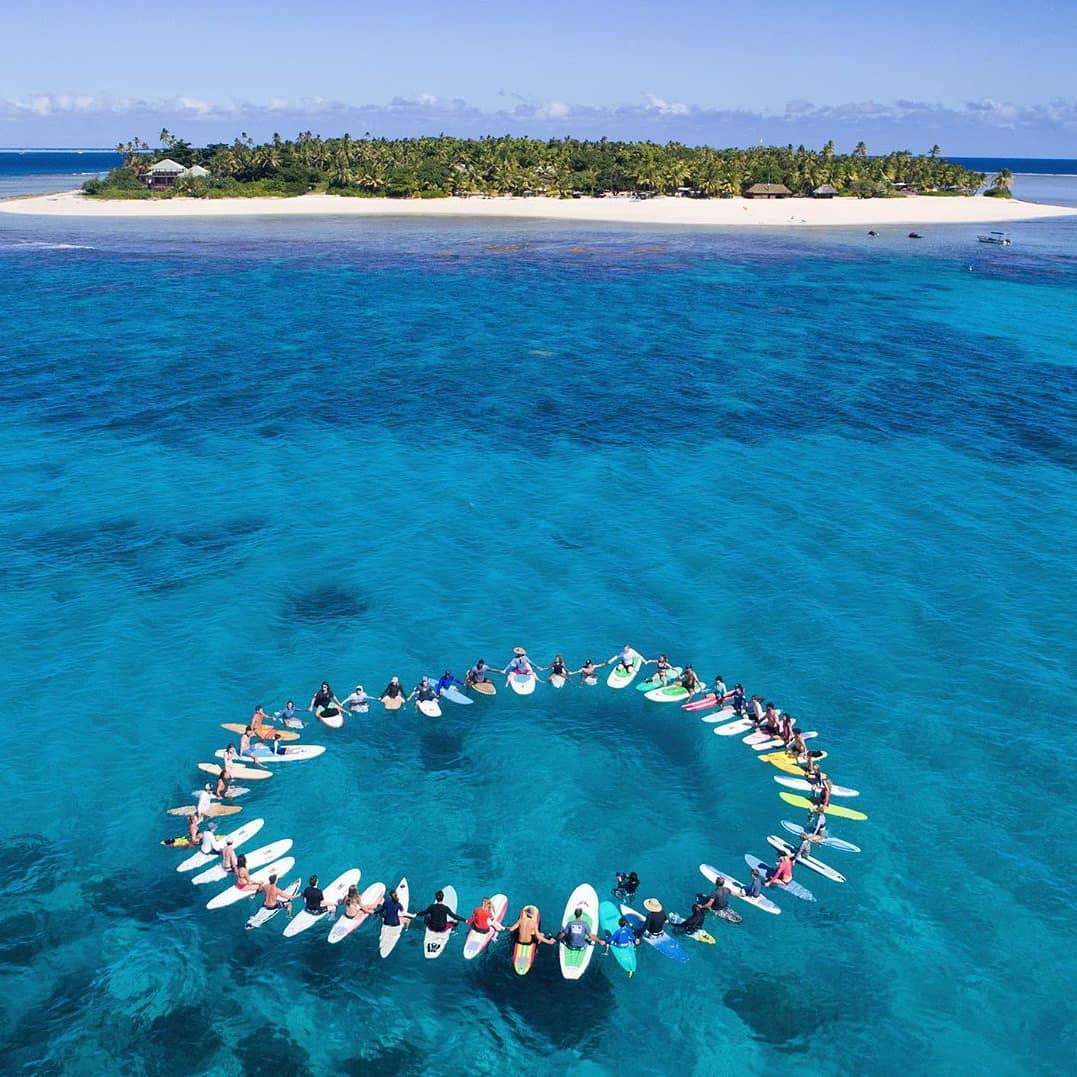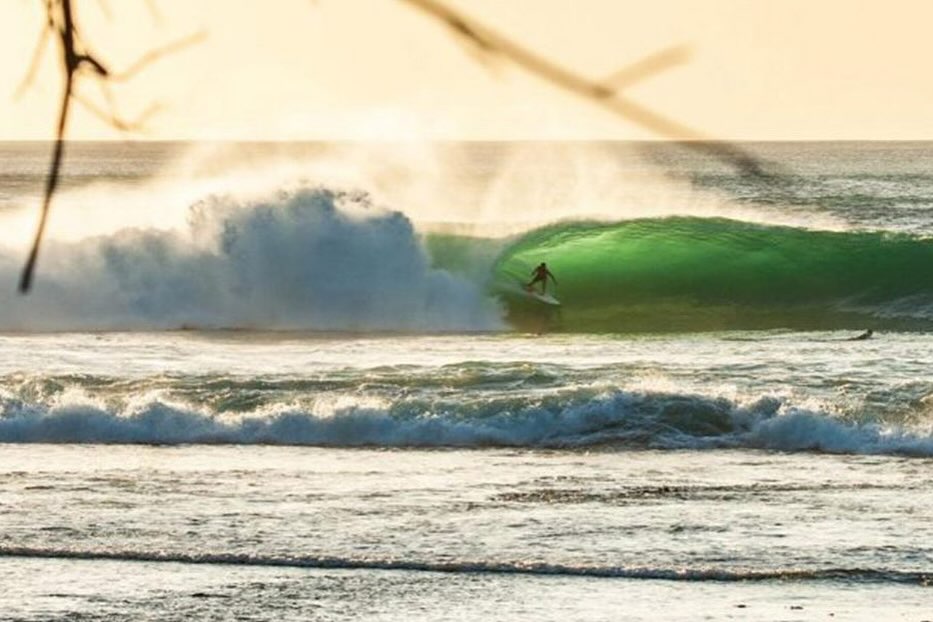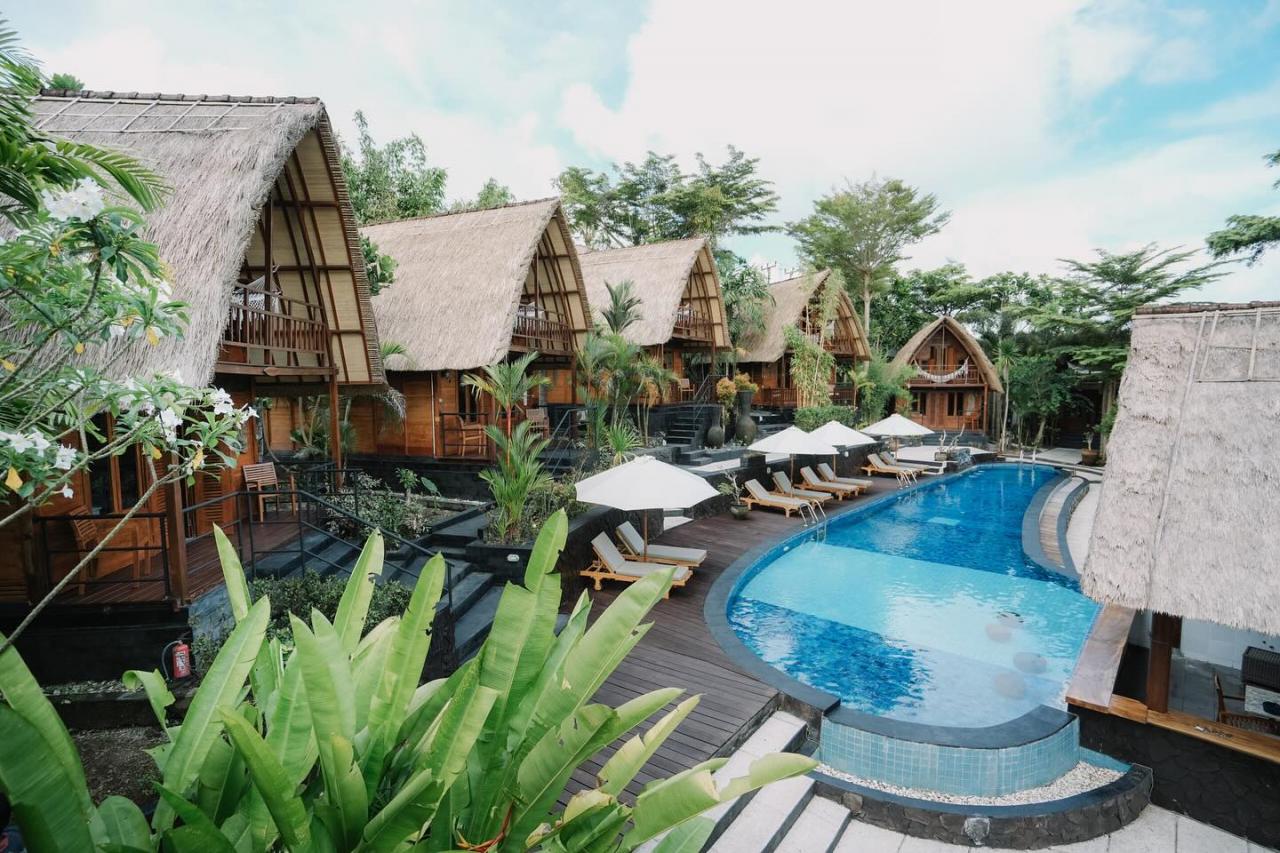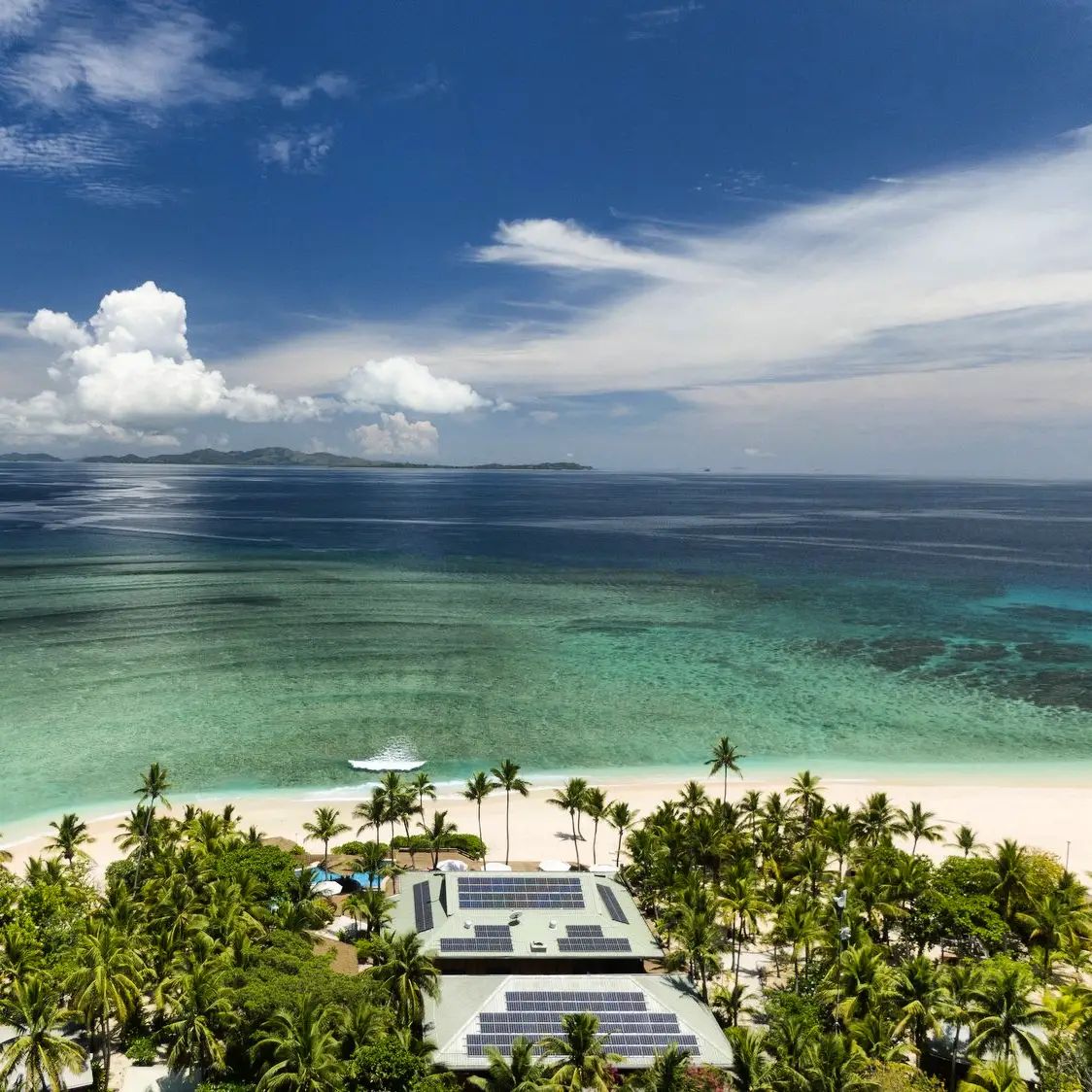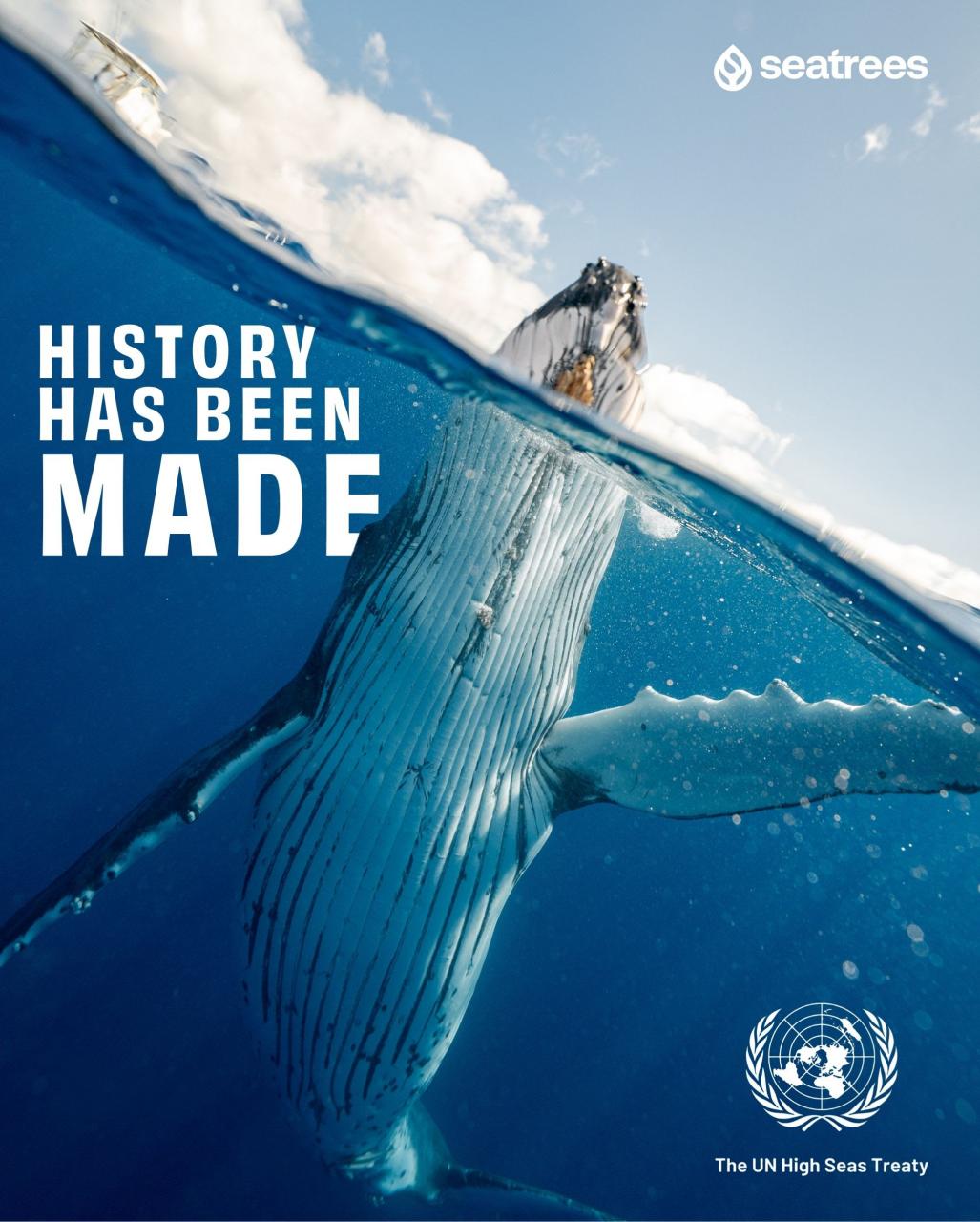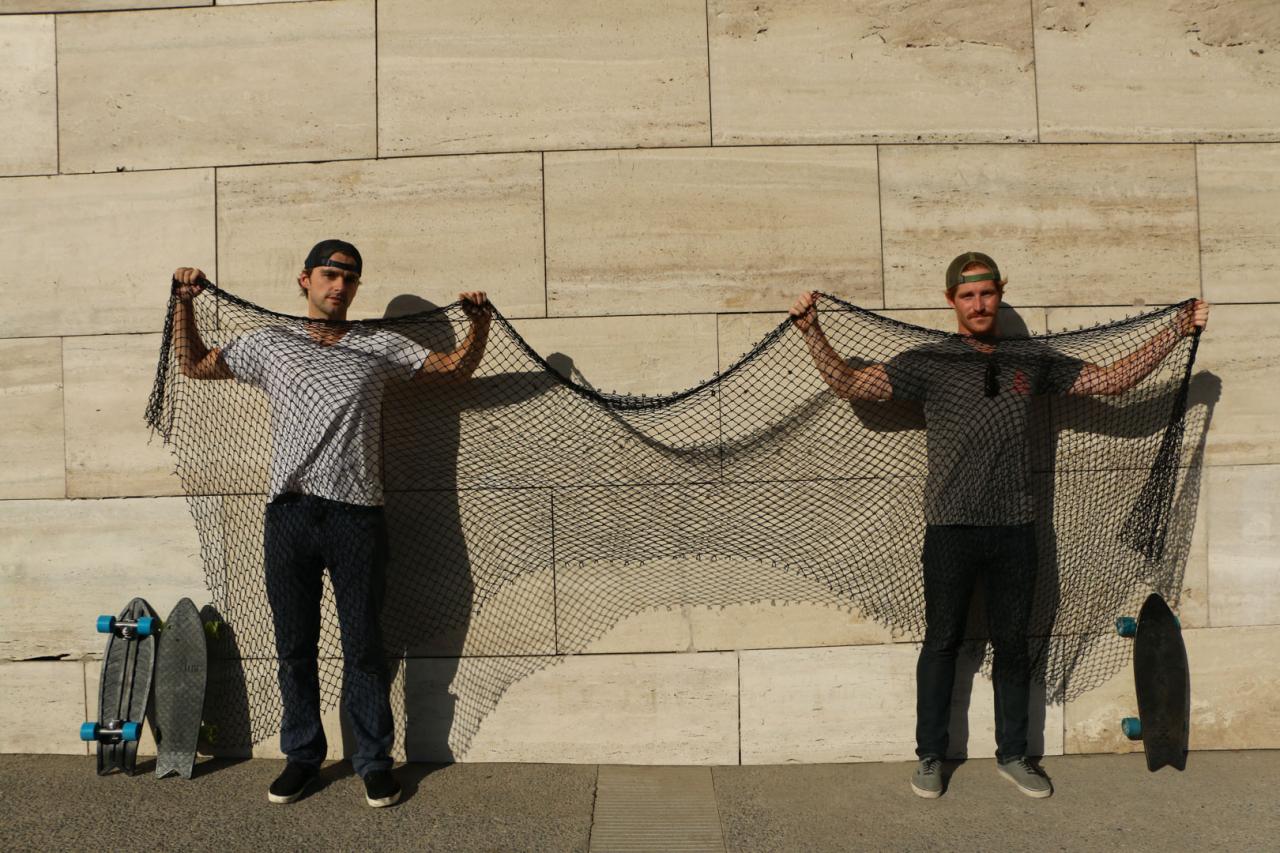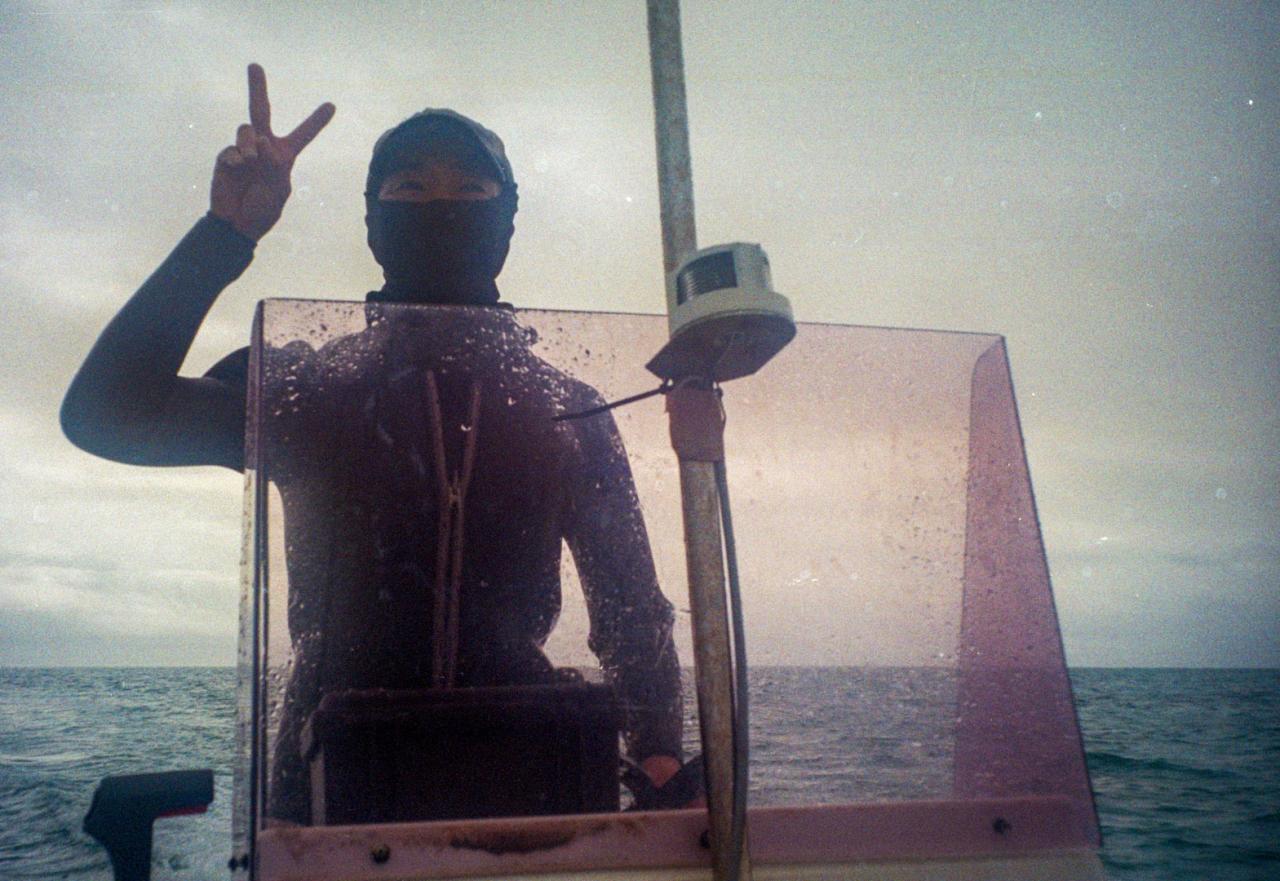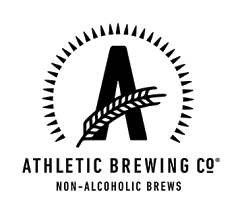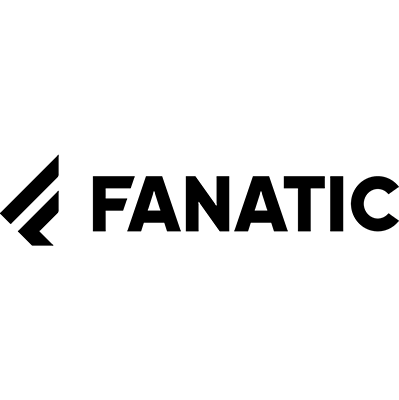On an afternoon in July 1997, riding a flawless wave between Lakey Peak and Periscopes in Hu’u, Central Southern Sumbawa, Indonesia, Jess Ponting found himself having a perfect soul surfing session that we mostly dream about. As Ponting recalls, it was, “idyllic, beautiful, perfect waves, breaking for three hundred yards with just four people out.” While surfing, he was content - happy even - not wanting this day to end. But he knew - as we all do - that life awaited him back on shore and, with it, some daily hardship. The dichotomy of his presence on the water with what he knew lay ahead led Ponting to what he called an epiphany. It later became called by its business name: Sustainable Surf Tourism.
Rewind one year: Jess Ponting was serving as a Community Development Volunteer with Australia’s Overseas Service Bureau in Papua New Guinea (PNG). During this time, his work primarily focused on eco-tourism in the remote village in the West Cook Hills of East Sepik Province in northwestern PNG. The experience taught him great life - as well as career - lessons that would come into play later. Lessons included the cross-cultural considerations for working and planning tourism opportunities within local communities in Papau New Guinea in order to sprout potential pathways towards conservation and economic development in areas that had little infrastructure to meet outsider (tourist) wants and needs. Ponting describes it as, “how to work with communities in ways that are beneficial for them in ways that they would like to see the benefit.”
Walking back down the beach after that inspirational surf session that day, Ponting had no idea his life was about to change, forever. His “Australian Peace Corps Days,” as he calls it, were going to merge with his love of surfing. The shape this took also included his disdain for the adverse impacts that outsiders and tourist surfers have on local communities. An example of this includes local partying, littering, drug use, prostitution, environmental damage including coral reef damage and human waste or effluence along with a lack of cultural awareness. His life mission began to create itself that day. A mission that would later take him into the halls of academia where he began combining research and scholarship with real world practice, all the while continuing to surf in far flung destinations along the way.
Jess Ponting had - unknowingly - embarked on a circuitous life path that afternoon in Sumbawa. While he understood that he wanted to do something around the unsustainable tourism practices he was witnessing, he did not know then that he would later go on to found the world’s first certification program for Sustainable Surf Tourism. He also achieved further distinction by becoming Dr. Jess Ponting in completing the first PhD in a new field of study - one that he pretty much designed - so that he could begin to address the uglier side of surf tourism. This is his story about STOKE.
STOKE - Sustainable Tourism and Outdoors Kit for Evaluation
Housed at the Campanile Foundation at San Diego State University, the Center for Surf Research (CSR) is a non-profit driven by its mission to become “the preeminent resource for sustainable surf tourism researchers, tourism operators, communities, governments, and surfers globally". CSR is where STOKE - Sustainable Tourism and Outdoors Kit for Evaluation - is currenlty housed. It is reputed to be “the world’s first sustainability certification body with standards built specifically for surf and ski tourism operators, destinations, and affiliated events". In addition to sustainable surf tourism, STOKE teaches a similar process for sustainable ski tourism.
STOKE Surf has eight modules within the kit that Ponting, his team of university students and their volunteers facilitate with operators seeking the sustainable surf certification.
Those eight sections include:
1. Management and Communication
2. Safety and Quality
3. Design and Construction
4. Community Development
5. Fair Labor
6. Cultural Heritage
7. Supply Chain, and
8. Environment and Conservation.
Ponting says, “The Environment and Conservation section is by far the largest. It's about the same size as any other three sections combined.”
The STOKE Surf criteria, which shares a foundation with the Global Sustainable Tourism Council criteria, includes hiring and training local people in sustainable tourism, supporting local conservation efforts, minimizing ecological footprints, using sustainable designs and construction, protecting local cultural sites, as well as numerous others best practices. At a minimum, there is a benchmark of thirty-eight out of ninety-seven standard criteria that must be met in order to become STOKE Surf-certified.
Ponting explains, “In order to get certified, a third party independent evaluator goes out to the site or center to assess. But the STOKE student can gather all the necessary data beforehand which makes for a much quicker process for the evaluator when they're on the ground.”
In operation since 2014, STOKE currently has sixty-four operators around the world whom Ponting and his team support in seeking and maintaining their STOKE surf status. This is where USD students get involved, and have real-world opportunities to work on the administration end of STOKE. A select few students are sent around the world to select locales for several weeks or months each summer to work in the field with STOKE operators. Ponting sees this practice as a passing on the STOKE mantel for the day when he decides to retire.
When asked if he was concerned about the future of STOKE from that perspective, he replied, “I have a team of twenty-five students who are organizing themselves into different layers on the organizational chart. I mean, I've got students who are now trying to figure out how they can work part-time, post-graduation and be paid to, you know, initially manage those groups of students in classes because they will require lecturers to run them. These kids have been volunteering and taking credit-bearing classes to work on STOKE for the last four years! So they have a working knowledge of the program, and they're deeply invested. They're very, very good at it, and they want to stay engaged. They'd love to make it their career. I don't think there's any shortage of folks who'll be in that position because it is a cool business to be in, in that you're working in and around environments that you love, and all of the people who are entrepreneurs working in this area care greatly about sustainability. [People who] want to become certified by STOKE tend to be really awesome people as well. So, the opportunity includes who you get to work with and go to wonderful places to meet more wonderful people and do things that you believe are important for the future of the planet. It doesn't get much more rewarding than that on an intrinsically rewarding level. But again, we're looking to change the program by scaling up and creating more annual recurring revenue so that we can actually begin to employ people with reasonable compensation.”
How It All Comes Together
While talking with Ponting, I had the sense there was something more to the story of STOKE. Through a conversation, he willingly shared how it all came to be, in his usual quiet and humble conversational tone. I learned that STOKE is Jess Ponting’s life in many ways.
After returning home from the surf trip to Indonesia and his volunteer service in PNG, Ponting enrolled and completed his Master’s degree in what was the first degree known to focus entirely on Sustainable Surf Tourism. During this time, he did some consulting work and was planning a life as a consultant. In what seems like an impossible dream, he was approached and asked to pursue a PhD in his field of study, and there was funding in line to pay for it.
He accepted the offer and completed the world’s first PhD in Sustainable Surf Tourism management. With academic credentials in hand, he began his professorial career at the University of Technology, in Sydney, before moving to the University of the South Pacific in Fiji. In 2008, he arrived at San Diego State University and created the Center for Surf Research which is housed in SDSU’s Sustainable Tourism Program at the L. Robert Payne School of Hospitality and Tourism Management.
Ponting sums up that period of his life saying, “Nobody was offering me money to do what I wanted to do at that point. So I thought to myself that the worst possible thing that might happen was that I ended up becoming a professor. I knew that would never happen. So, I decided to go for it. You know, I had envisioned myself as a consultant, essentially around the work I had been doing through my Master’s degree which included going and talking to different stakeholders, pulling things together, I'm able to bring all of that into my work today. You know, doing exactly what I thought would be a good thing to do.”
Ponting emphasizes that it is essential, when working on processes and projects in Sustainable Surf Tourism, to include and “consider the local people.” He continues, “What's going to be fair for them? Let's not destroy their environment. Let's create jobs. Let's come in from a position of respect. And, if we can, create positive joint ventures rather than buying people out of their beachfront. So that's what I wished I would be doing. And then I got backed into becoming an academic, which is actually great because it's actually more stable in terms of income. But I still get to do the essential work which is consulting through research.”
Why Get a STOKE Certification?
I was curious about the surfers’ side of this story. Why would surfers care at all if a place they stay at is STOKE-certified? Do they care? Does the certification attract surfers?
Ponting, an academic and scholar, was quick to respond. “I've actually done research on this and shows that 90%+ percent of surfers are willing to pay 6.5% more for a demonstrably Sustainable Surf Tourism experience. In the surf park space it's even more. It's 13% they are willing to pay extra. [On the] global scale, it's 1 to 4 billion U.S. dollars additional that surfers are willing to pay for demonstrably Sustainable Surf Tourism experiences that they are currently not paying. So there's 1 to 4 billion dollars currently left on the table by a lack of demonstrably Sustainable Surf Tourism products.”
On the operational side, Ponting went points out that, especially if you are, “a new development, you're going to need community support. You're going to need to get entitlements and permissions from within the local government. In order to get these things, the government needs to know that you're going to be a good faith operator within their community. That's going to be the net benefit. So you need to have an authentic story and be able to tell it. STOKE certification is a way to do that and have it be very comprehensive and very transparent.”
To bring our conversation to a close, I asked Ponting if he has a few places within the STOKE community that are his favorites. With a soft smile, he shared a few:
“Surf Clube de Viana, in Portugal, is our only best-practice property. It’s in the north of Portugal. It's a wonderful institution that hosts adaptive surfing competitions. The Matanivusi Surf Resort on the coral coast of Fiji was our first certified member, and they do a wonderful job. They exist not in the part of Fiji that most people think of. Most people think of Tavarua or Cloudbreak. Tavarua Island Resort is also a STOKE-certified resort, so that's another wonderful place to go. They were in our first cohort of Sustainable Resorts, but not the first. Matanivusi was the first.”
In closing, surfing that idyllic wave on that Indonesian summer day all those years ago proved to be the life-affirming moment which Ponting has based his life on. He decided that day that something needed to be done about some of the “grossness” - as he called it - that surf tourism had been guilty of for years. “Why not me," he thought? Like the surfer he is, Ponting went with an idea, and rode it out to the beach. Thirty years after living in a remote PNG village, Dr. Jess Ponting’s legacy is in STOKE - but more so - it is within the students he inspires, as well as the communities of people he’s worked with around the world who all seek a more sustainable path to surf tourism.

